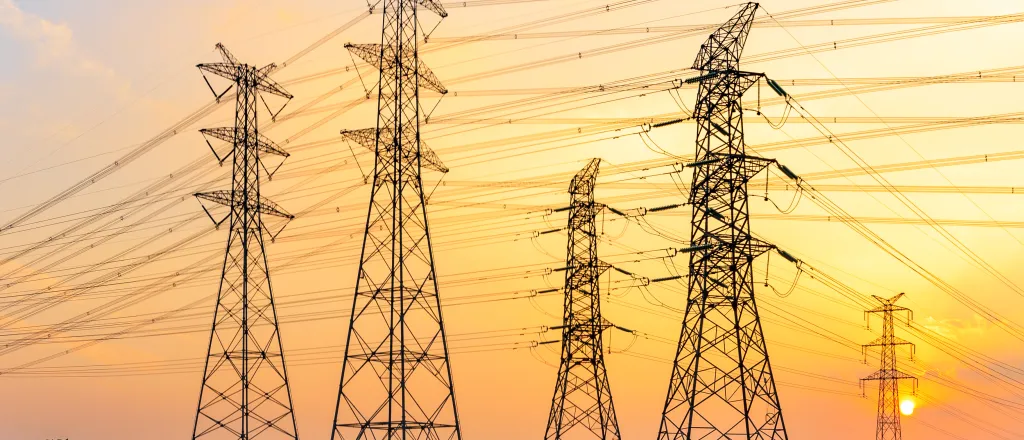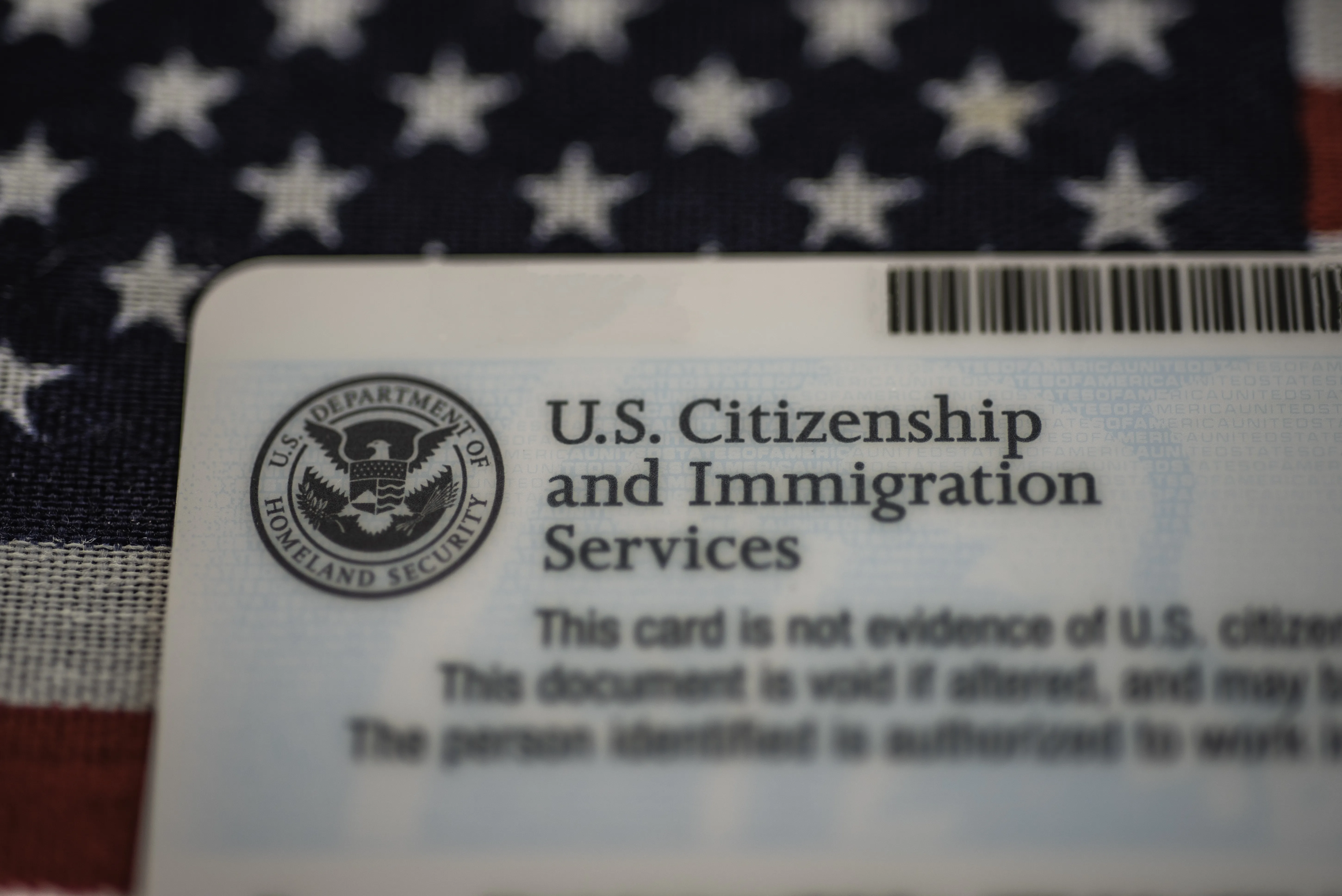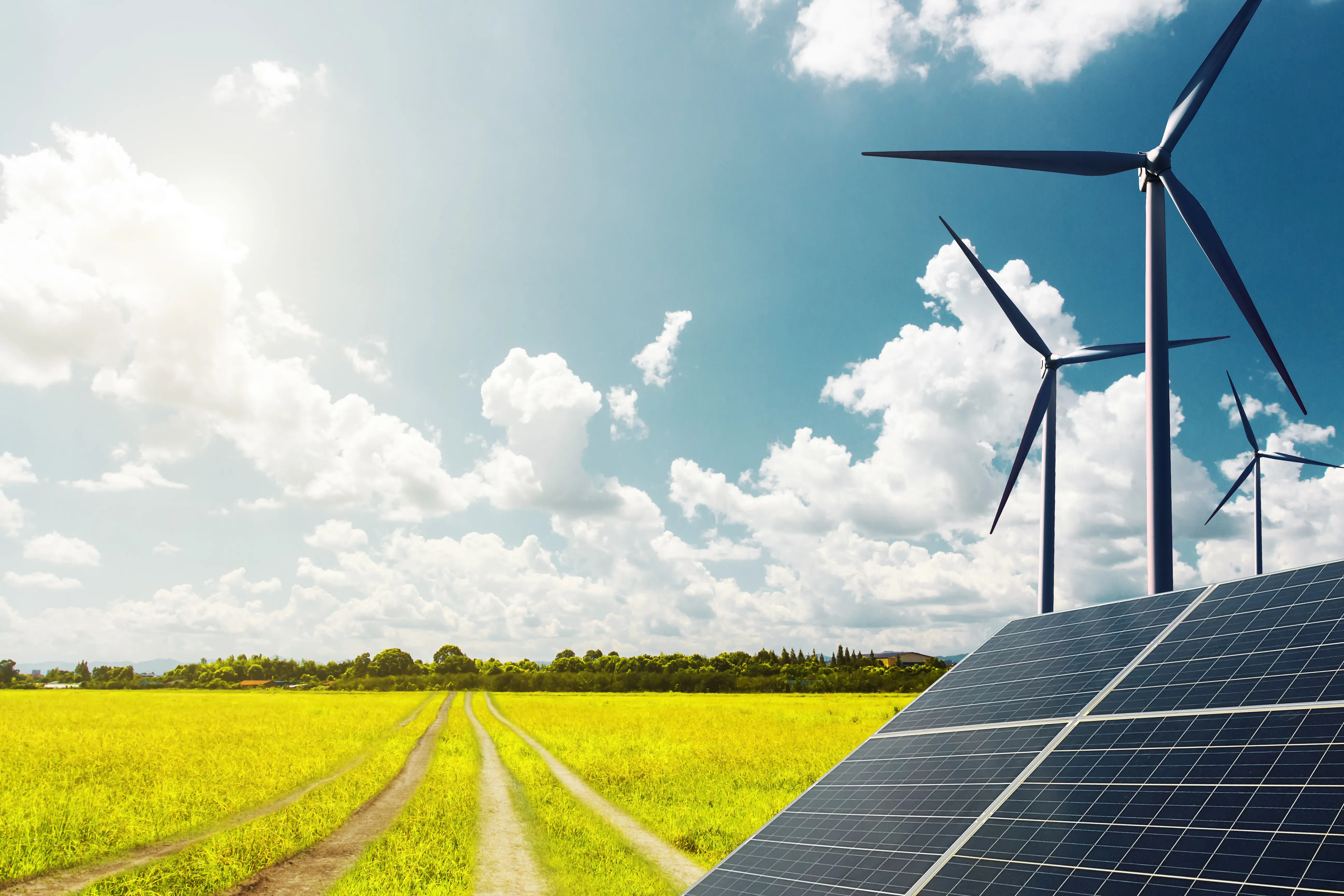
Using federal incentives, rural electric co-ops make clean 'power grab'
© iStock - zhaojiankang
Click play to listen to this article.
(Minnesota News Connection) Utilities and government agencies in the U.S. are carrying out plans to transition to cleaner electricity sources. To avoid being left behind, rural communities are leveraging federal resources to expand their power portfolios.
The topic was part of a recent congressional briefing hosted by the Rural Power Coalition.
Sen. Tina Smith, D-Minn., took part, saying investments from the Inflation Reduction Act provide grants and loans to rural electric co-ops, so they can purchase or develop renewable energy systems. There is also funding for municipal utilities and tribal governments.
"These voluntary, technology-neutral programs put rural electricity providers on the path to unleash clean energy for the communities that they serve in a way that works best for them," Smith explained.
Smith noted recent applications are likely to surpass available funds, underscoring strong demand from smaller communities to diversify energy sources. Rural electric co-ops have had a harder time competing with investor-owned utilities in the decarbonization movement, in part because of being locked into coal contracts.
Gabriel Chan, associate professor of public policy at the University of Minnesota and co-director of the Electric Cooperative Innovation Center, spoke in the briefing. He said the extra federal support allows co-ops to scale up clean energy production while still managing their existing debt.
"This ensures that the energy transition can move at a rapid pace," Chan pointed out. "While also ensuring that the transition happens on an affordable and reliable path."
He suggested keeping costs lower for the energy transition in rural areas puts their local economies in a better position. According to the National Rural Electric Cooperative Association, such operations serve more than 90 percent of counties experiencing persistent poverty.

















